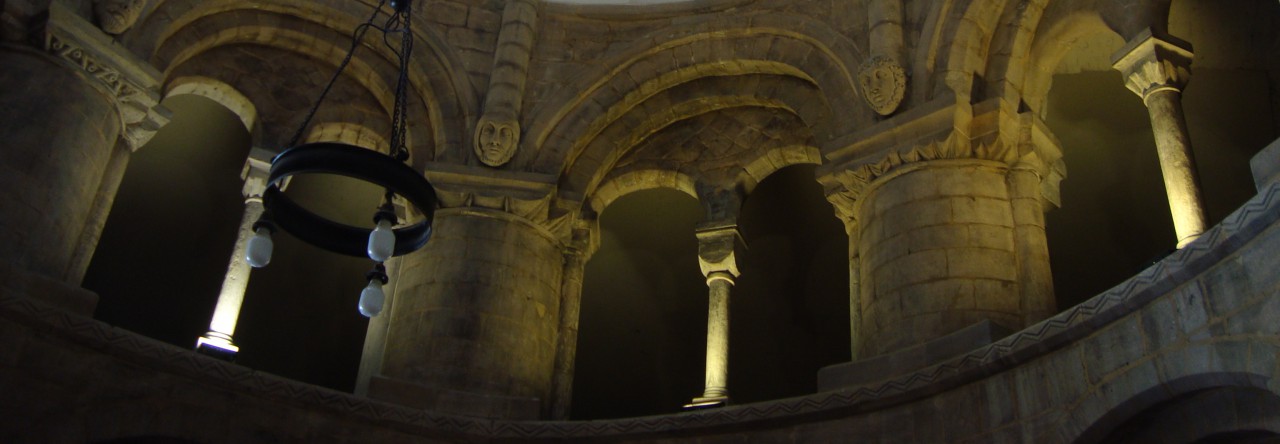
The Voice of the Violin
by Andrea Camilleri.
La voce del violino (1997)
translated by Stephen Sartarelli.
Picador, 2006.
The fourth title in Andrea Camilleri’s Inspector Montalbano (il Commissario Montalbano) series is as good as its predecessors in terms of wit, humour, story, characterisation and local colour.
Set at a time when mobile phones and computers were making an impact on everyday policing – in Sicily as much as anywhere else – the focus is nevertheless on patient sleuthing and careful profiling during the course of a murder investigation.
And because we observe everything entirely through the eyes of Salvo Montalbano of Vigàta the author plays fairly with us readers whilst simultaneously revealing the inspector’s strengths and foibles; in this way we know that he means well even if he bends the rules so that justice may eventually be done.
Continue reading “Molto cantabile”


